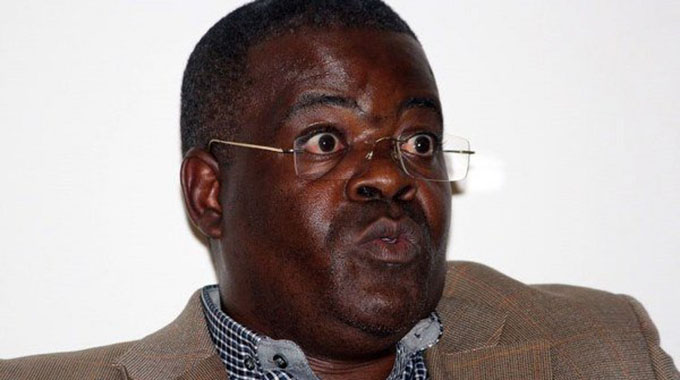Gata executive chairmanship at Zesa torches storm

Ishemunyoro Chingwere Business Reporter
PROPONENTS of good corporate governance and human resources experts have expressed strong reservations over the reappointment of Dr Sydney Gata as executive chairman of power utility Zesa Holdings.
This comes after Energy and Power Development Minister Fortune Chasi last week announced a new board of directors for the State power utility and revealed the board will be led by Dr Gata in an executive capacity. Minister Chasi went on to justify his appointment and the creation of an executive chairman post saying Zesa needs a chairman who is “in situ on a day to day basis” and that Dr Gata was the best man suited for the job.
The decision has been criticised with questions being asked over the creation of an executive chairman’s role, which many feel violates tenets of good corporate governance, which Minister Chasi himself partially conceded. Prominent Harare lawyer Canaan Dube of the Zimbabwe Leadership Forum, said the creation of executive chairman’s position at Zesa was regrettable and a step in the wrong direction as it means Dr Gata will essentially report to himself.
“This is a very wrong precedence that has been set,” said Mr Dube. “It’s a huge step backwards in so far as good corporate governance is concerned. The Public Entities Corporate Governance Act removed that dualisation because you really can’t be both (chair and CEO), as this then entails that you will be reporting to yourself in the execution of your duties. Of course section 43 provides for the application of an exemption where one can then apply and be granted a waiver, but why having to do that in the first place? It’s a practice that is frowned at the world over with the exception of America,” said Mr Dube.
The observation by 19th century historian Lord Acton that, according to leading US publication Financial Times, “power tends to corrupt and absolute power corrupts absolutely” seems appropriate when analysing one of the most significant trends in corporate governance — the steady demise of the “all-powerful” executive.
Globally, the number of new appointees holding the executive chairman role has dropped to a record low as corporate governance best practice moves towards the idea that the two most senior roles at a listed company should be split. The US is one of the few industrialised countries where a joint chief executive/chairman is still common at the biggest groups, although their numbers generally are falling. Half the companies listed on the S&P 500 have one person holding the combined role.
Human Resources expert Memory Nguwi, said the executive chairman’s role is a dying concept across the world and in cases where it is found, it’s in the private sector where company owners want total control of their businesses.
“The trend of executive chairmanship is a dying one the world over and if you look around you note that its occurrence is getting less and less,” said Mr Nguwi.
“Where you find it you will note that it is usually in the private sector where company owners want total control of their entities, not for state owned firms like in this case. We sincerely hope that we would not see other state entities copying this example,” he said.
Dr Gata’s previous stint at Zesa was not without incident.
In 2003 he found himself at odds with trustees of the Zesa pension fund over allegations he had sanctioned illegal withdrawal of $1, 6 billion from the fund to finance the payment of retrenchment costs. Dr Gata denied the allegations.
His reign was also marked with unending running battles with employees who consistently demanded his ouster.
In 2006, a parliamentary portfolio committee raised a red flag over his role as Zesa executive chairman which at one time saw him running the affairs of the board alone after other board members were booted out.
There were also concerns around Zesa’s unbundling under his watch and alleged failure to ring fence finances of subsidiaries.
It is also during Dr Gata’s tenure at Zesa where the power utility signed several power deals with several companies including one from Iran, but little was delivered on that front.
Minister Chasi on Tuesday told this paper that he is aware that ideally the role of the chairman and the executive should be separated.
“I accept that in general terms; the role of the chairman and the executive must be separated but even the law recognises that there are circumstances where the two roles can be combined,” said Minister Chasi.
“I believe that the position of our country at the moment, with regards to power, requires that you have somebody who is in situ on a day to day basis and if you have somebody who has the experience and knowledge of the organisation, why should we double the expenses by having a CEO and a chairman?” he queried.











Comments